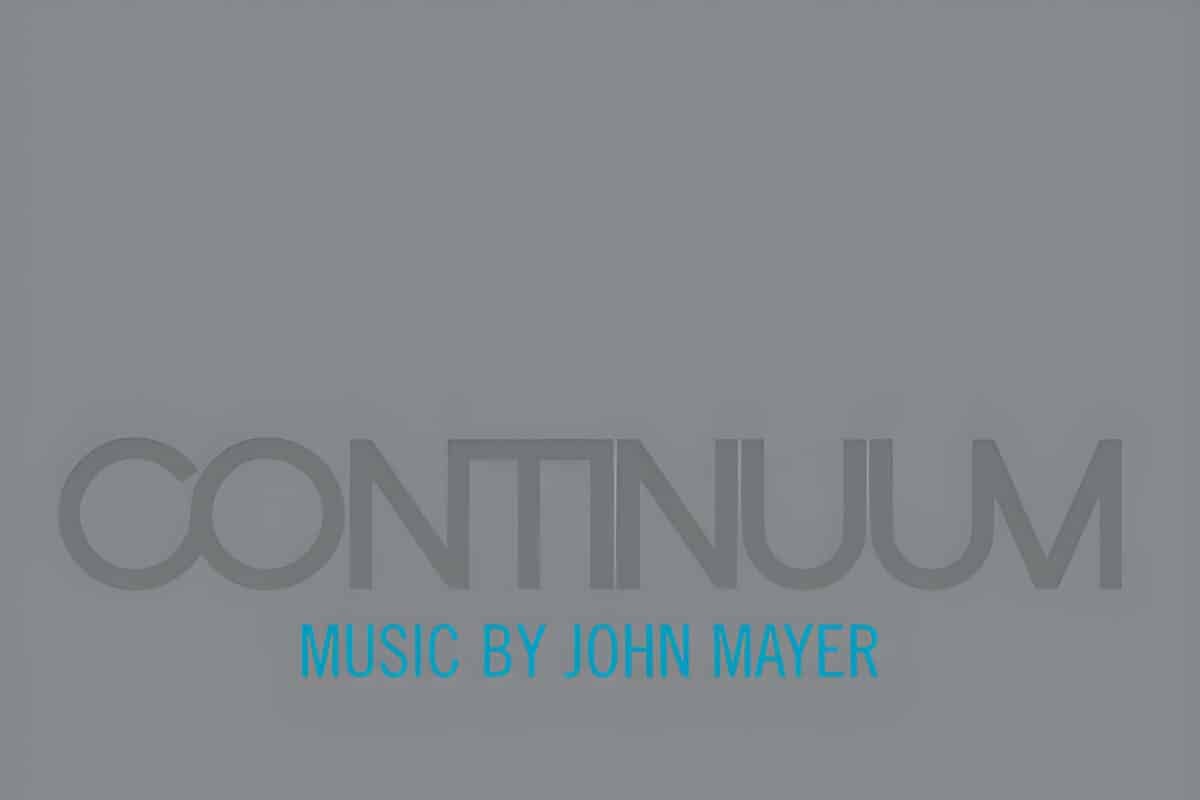Released: 2006
“Waiting on the World to Change” by John Mayer crafts a heartfelt anthem for the frustrated and the disenchanted. It’s a call to arms for those who feel powerless against the machine of societal and political issues. Mayer taps into a universal sense of longing for change, yet feeling overwhelmed by the magnitude of what that requires.
The song kicks off with Mayer and his friends feeling misunderstood and dismissed by a society that believes they stand for nothing. But it’s more than just youthful rebellion; it’s a generation’s plea for understanding. They’re acutely aware of the world’s ailments and the flaws in leadership, yet feel powerless to make a dent in these monumental issues. The refrain of “waiting on the world to change” serves as both a lament and a reluctant acceptance of their current means to influence.
Mayer digs deeper into the heart of the matter in the subsequent verses. He imagines a world where we had the power to end wars and bring our neighbors home. The mention of “no more ribbons on their door” is a poignant reference to the widespread symbol of hoping for the safe return of loved ones from conflict zones. He then critiques the media’s role in shaping public perception and information, suggesting that trust in these institutions can lead to a warped understanding of reality. This is why his generation feels stuck, “waiting” for something to give.
The song’s bridge brings a hopeful, yet fatigued tone. Mayer acknowledges it’s not about a lack of care, but more about the unfairness of the fight. He concludes with a forward-looking vision, believing that his generation will eventually “rule the population”, implying that with time comes the opportunity for change. This future view underscores a belief in the cycle of progress, albeit a progress that is painfully slow.
In essence, “Waiting on the World to Change” encapsulates the feeling of being on the sidelines, yearning to play a part in the global narrative but feeling thwarted by larger forces. Mayer’s message resonates with anyone who’s ever felt overwhelmed by the scale of change needed in the world, providing a voice to the voiceless, and, ironically, a call to not just wait, but to find hope in the eventual promise of change. It’s a song of its time that has remained timelessly relevant, a testament to its profound understanding of human patience in the face of seemingly insurmountable odds.








